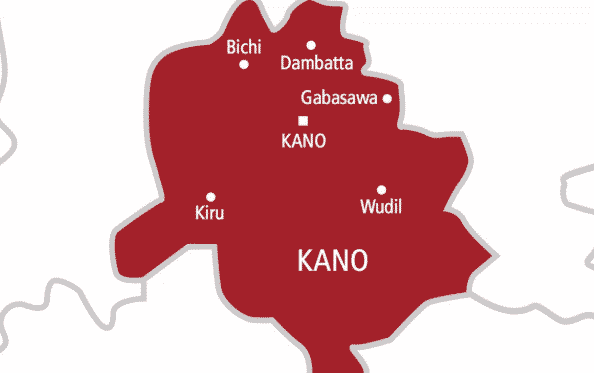COVID-19: 4,975 people in Kano empowered with agro, business inputs
The Kano State COVD-19 Action Recovery and Economic Stimulus (KN-CARES), a World Bank-assisted project in collaboration with the federal and Kano state governments, has revealed that the project has empowered over 4, 975 indigents with agricultural inputs and business start-up implements to ease the aftermath of the COVID-19 pandemic in the state. This was disclosed […]

The Kano State COVD-19 Action Recovery and Economic Stimulus (KN-CARES), a World Bank-assisted project in collaboration with the federal and Kano state governments, has revealed that the project has empowered over 4, 975 indigents with agricultural inputs and business start-up implements to ease the aftermath of the COVID-19 pandemic in the state.
This was disclosed by KN-CARES’ Head of Delivery, Malam Rufa’i Halilu, during the distribution exercise of solar-powered water pumps, solar-powered sprayers, farm inputs, grinding machines, among others, to the beneficiaries.
Halilu explained that the project which started in 2021was aimed at assisting the poor, small and medium scale farmers, as well as people with special needs, whose lives had been negatively affected by the pandemic, noting that the project had succeeded in rehabilitating no fewer than five irrigation sites to benefit over 16,000 farmers, adding that the project had also successfully rehabilitated market’s toilets in 39 wet markets across the 44 LGAs of the state.
While launching the distribution, Kano State Commissioner for Budget and Planning, Alhaji Isa Sulaiman Shanono, revealed that the state government was satisfied with the project’s performance, adding that the state government would strive to continue with it for the benefit of the good people of the state.
Speaking on behalf of the beneficiaries, Malam Usman Abdullahi said the intervention was one of the best and transparent projects he had ever seen, urging authorities to continue with it as a measure of easing the poor’s suffering in present day Nigeria’s economic hardship.
